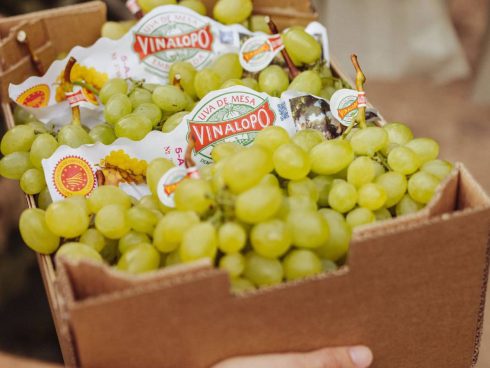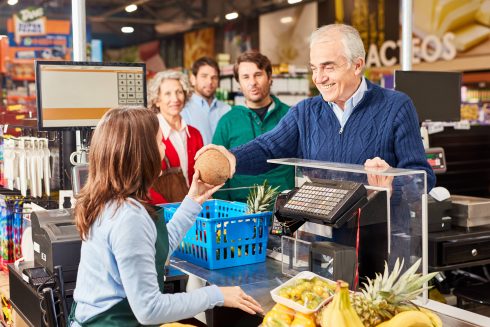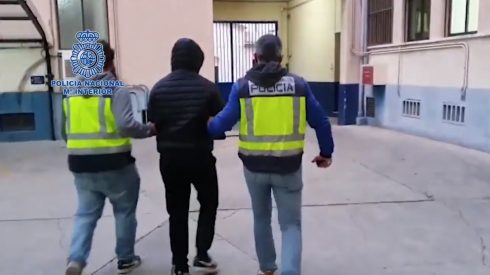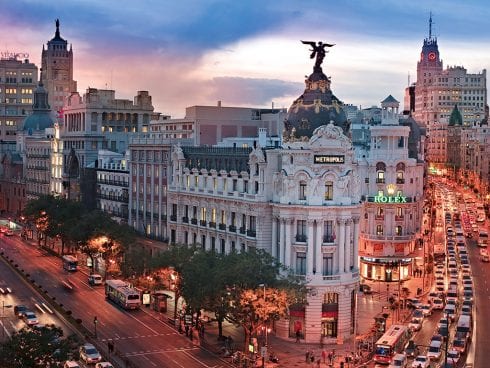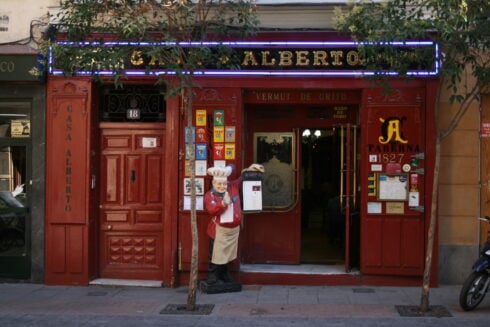THE drive to legalise the sale of cultured meat in Spain and Europe is under way.
As the product is so new and revolutionary, it requires an entirely new legal framework to regulate the market.
According to Valencia-based technological centre Ainia, the European Commission is currently considering including laboratory-grown meat products for human consumption under the ‘Novel food’ regulation.
That piece of legislation refers to the marketing of ‘constituted foodstuffs and those produced via cellular cultures or tissues derived from animals, plants, microorganisms, fungi or seaweed’ say Ainia.
This point of view is reportedly shared by the European Food Safety Authority (EFSA), who maintains that artificial meat is an acceptable alternative source of protein.
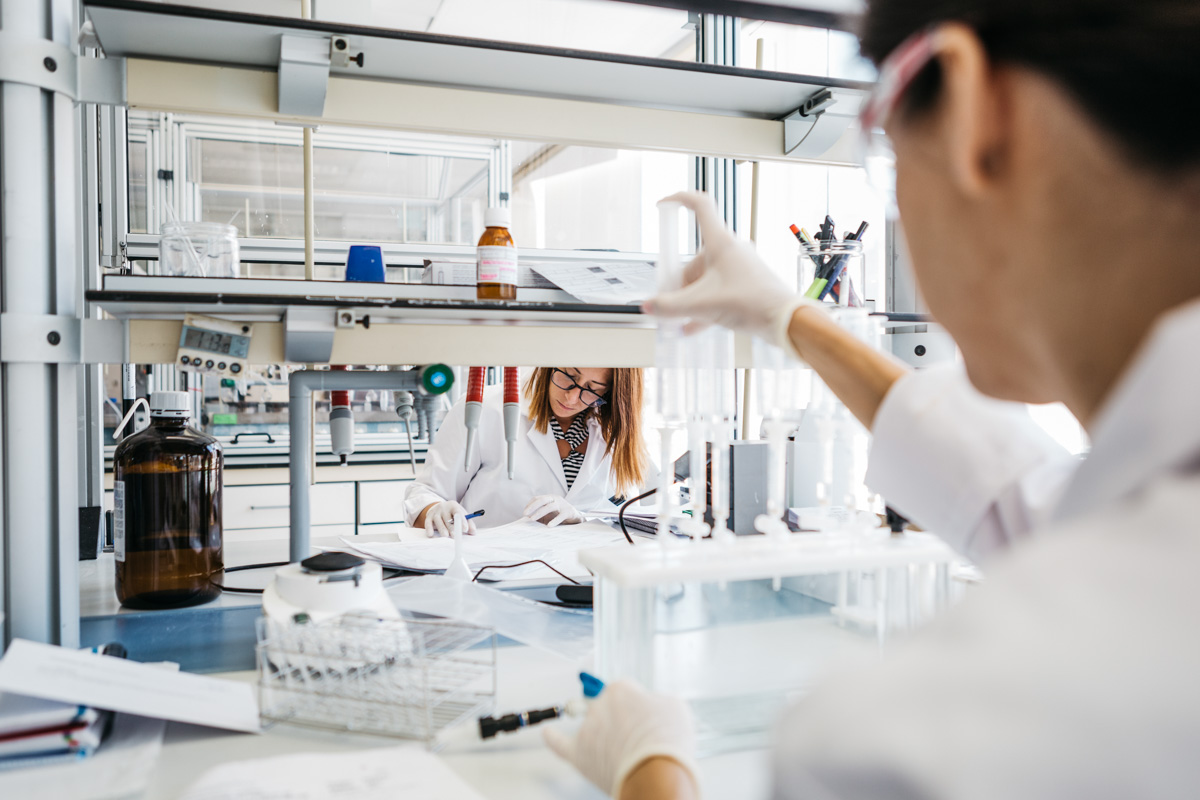
Experts at Ainia insist on the importance of taking into account elements such as responsibility on behalf of producers, traceability and nutritional information on labels.
Ainia also reveals that the process to obtain the authorisation to market cultured meat can take up to two years after applying for a license.
The debate about the suitability of this product is raging throughout the world, with supporters and detractors practically equal in numbers.
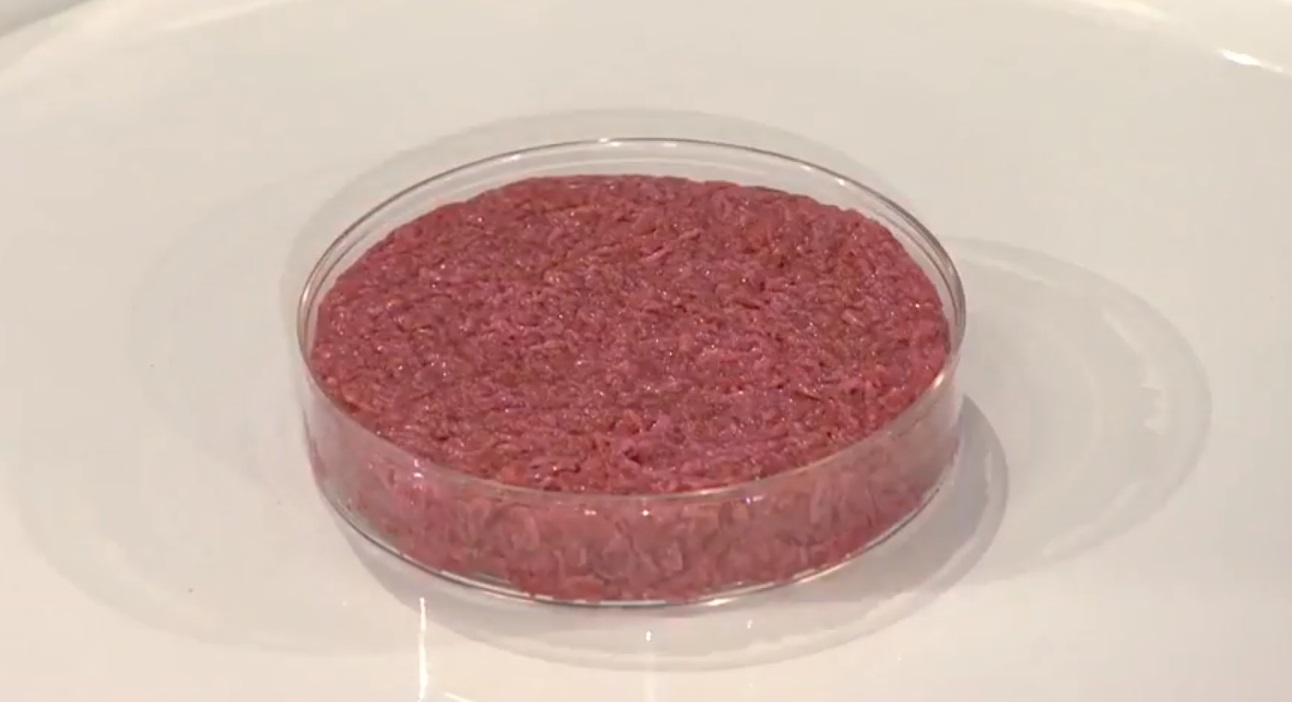
On the one hand, synthetic meat products prevent animal suffering and slaughter, effectively making them an acceptable source of protein to those concerned with animal welfare.
In addition, climate change is forcing an urgent review of eating habits, as livestock farming – especially beef – is one of the main culprits behind greenhouse gas emissions, water usage and deforestation.
On the other hand, detractors point out that lab-grown meat is very expensive to produce and would require a huge overhaul of resources, plus leaving farmers out of work and being anti-natural.
Click here to read more Food & Drink News from The Olive Press.


